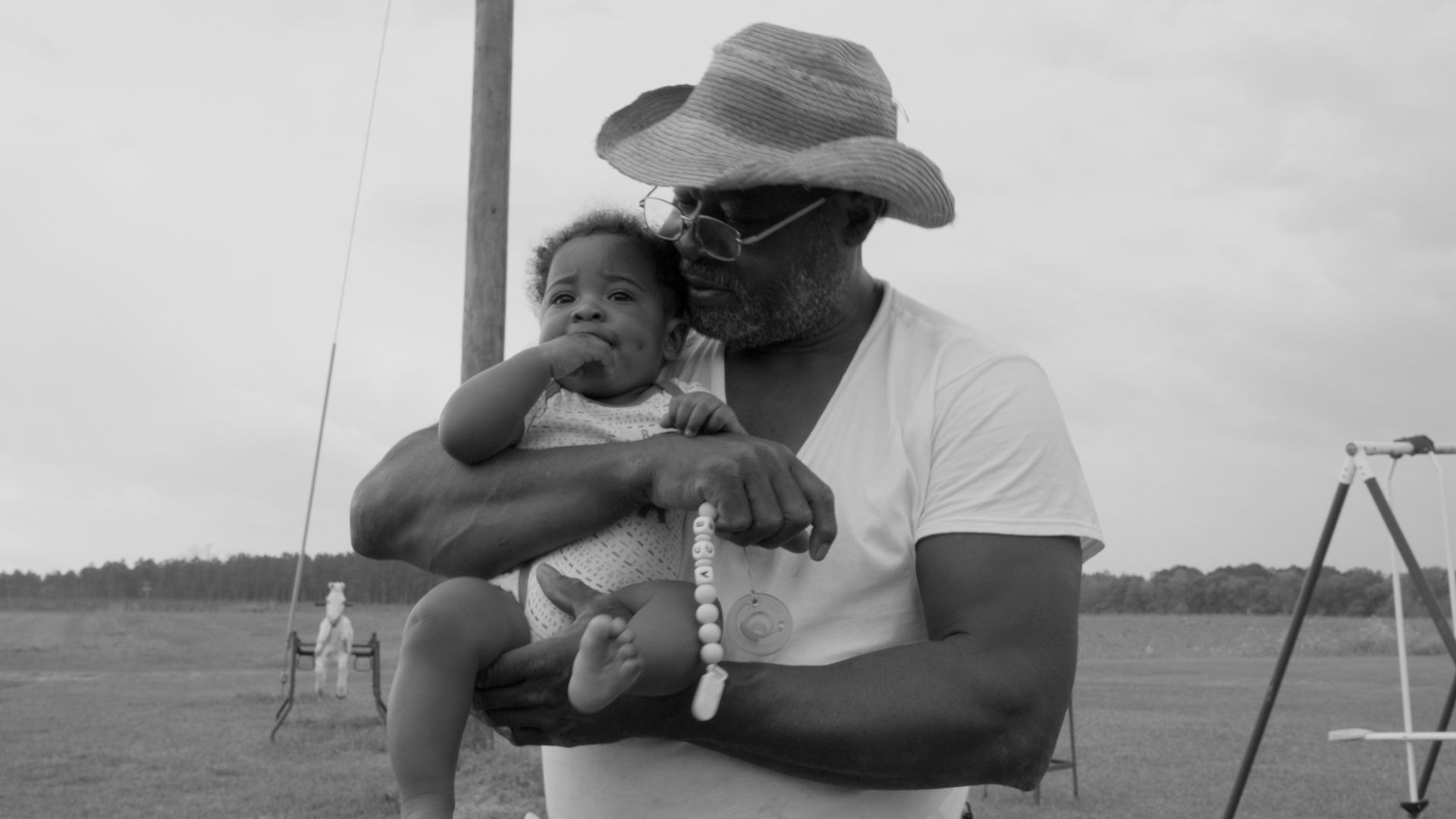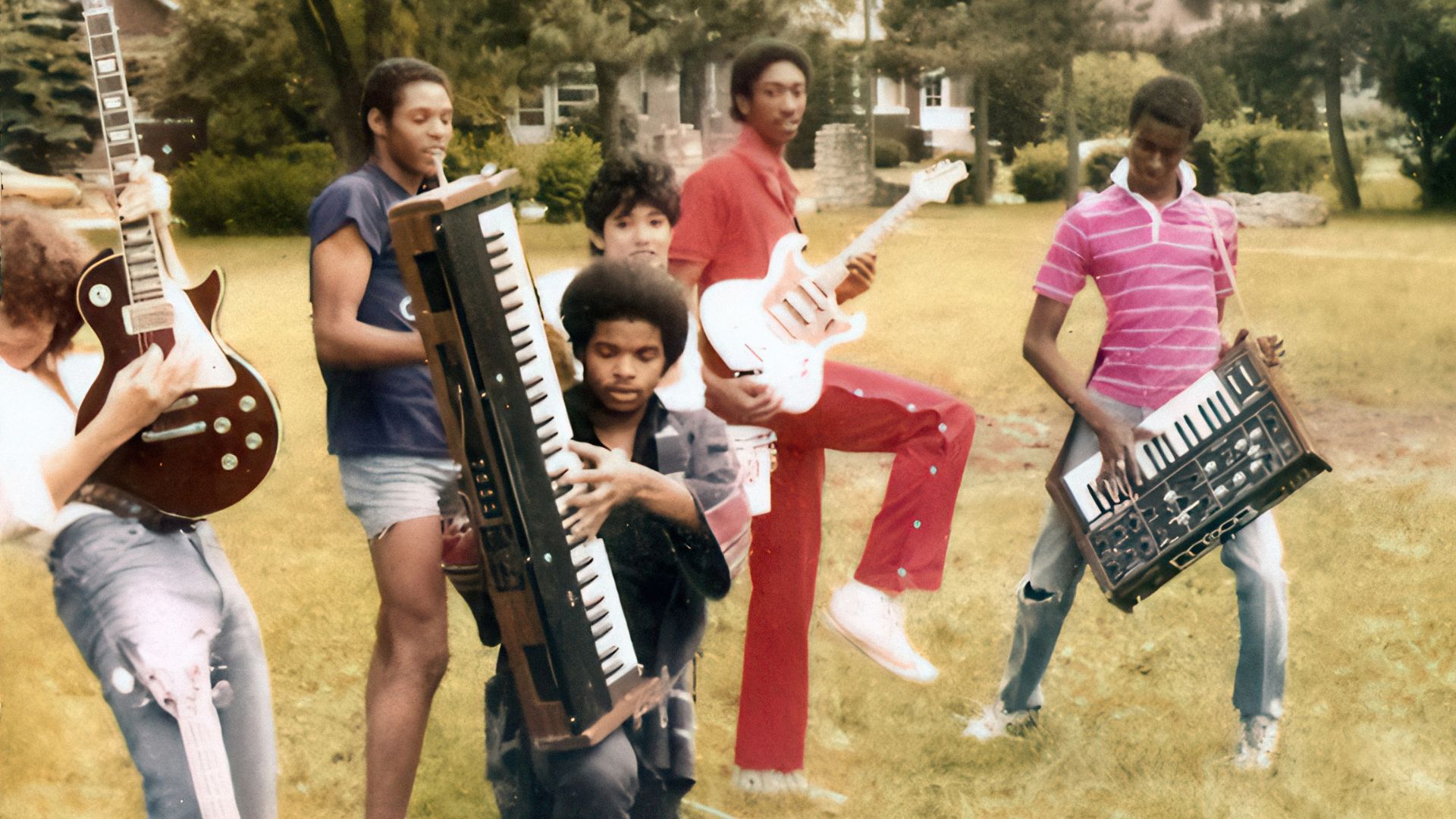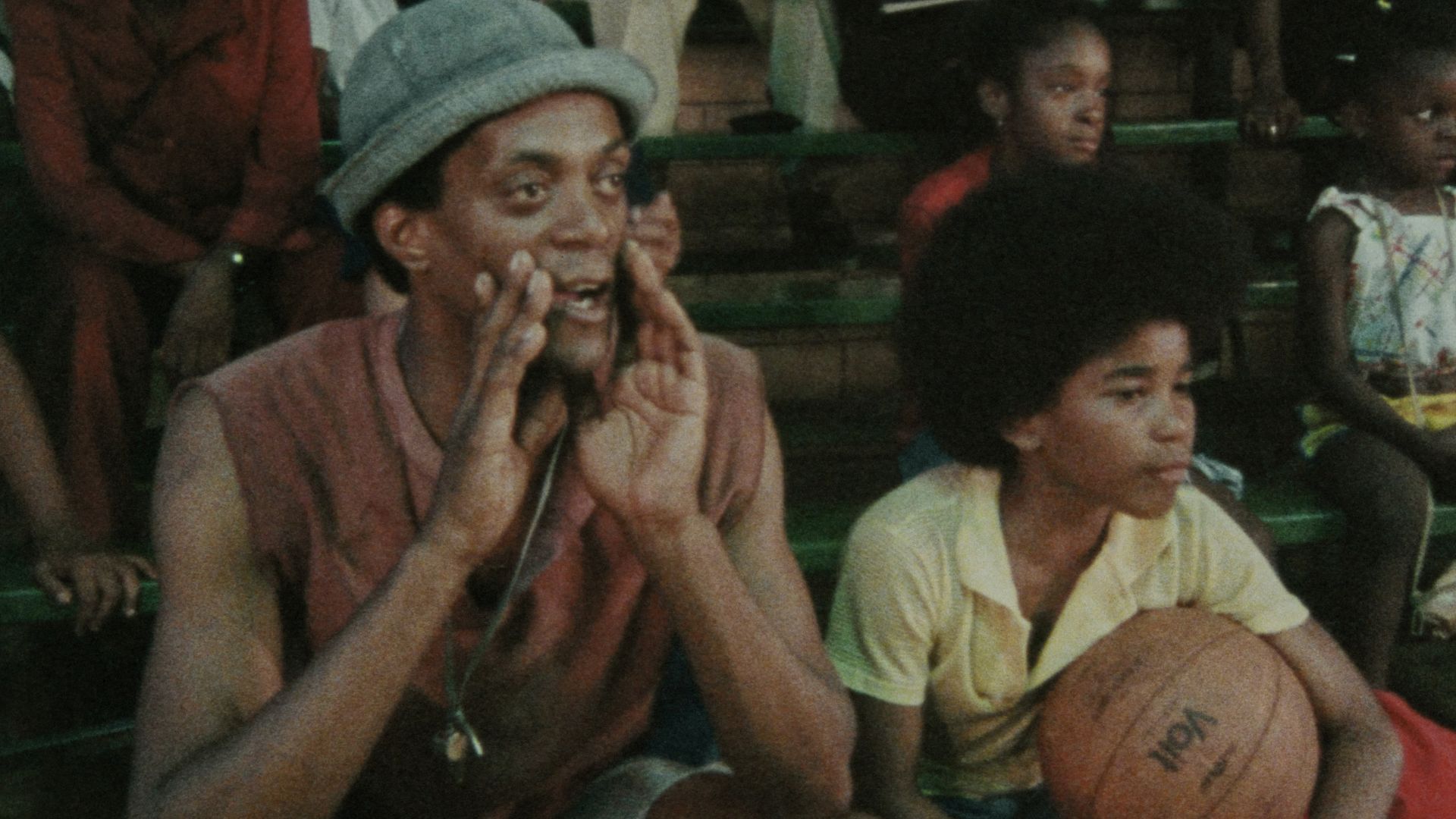With the fall chill in the air and the holidays on the horizon, Black Harvest Film Festival is set to return to the Gene Siskel Film Center, Nov 7-16. The festival, programmed by Jada-Amina and Nick Leffel, boasts an eclectic and vibrant array of Black stories whose diasporic origins and bold ingenuity provide cinematic warmth to a dedicated community. This year, the festival contains eight feature films, nine shorts programs, and a long list of guests like “The Inquisitor” filmmaker Angela Lynn Tucker and “BLKNWS: Terms & Conditions” director Kahlil Joseph. There’s even a mystery movie.
In anticipation of Black Harvest, here are five films from the festival that should be on your radar.
Black Girl
For the last couple of years, Black Harvest has made a point of including restorations and retrospective programming, such as Charles Burnett’s “The Annihilation of Fish” in 2024 and its look back at John Singleton in 2023. This year, they’re welcoming two “new” titles: the first being Ossie Davis’s “Black Girl.” Davis, if you didn’t know, wasn’t only immortalized as Da Mayor in “Do the Right Thing.” He’s also one of cinema’s great (Black) directors. His debut, “Cotton Comes to Harlem,” for instance, is often credited as the first Blaxploitation film.
Additionally, his Paul Winefield-led “Gordon’s War” is considered a highlight of the blaxploitation genre, while his helming of “Kongi’s Harvest” is touted as the first indigenously produced Nigerian film. The recently restored “Black Girl,” which stars Brock Peters, Peggy Pettitt, and Davis’s wife, Ruby Dee, in a film concerned with motherhood, sisterhood, and Black womanhood, offers audiences a further glimpse into Davis as an auteur.
Black Girl screens on Nov. 16.

BLKNWS: Terms & Conditions
A documentary so ambitious that it’s difficult to fully describe, Kahlil Joseph’s form-bending, Afrofuturist feature debut, “BLKNWS: Terms & Conditions,” is a work that blends time, Black history, politics, art, and literature through the news. It features several collaborators: Raven Jackson, Garrett Bradley, Arthur Jafa, and Kaneza Schaal—and is often structured like a music album, oscillating between chapters and tracks. Sometimes we’re plunged into a YouTube video, other times we’re overhearing Black thinkers considering heady subjects, or a reporter on a technologically advanced ocean liner, or W.E.B. Du Bois living in Ghana.
It’s all thrown into a vat that harnesses the news, a medium often known for dehumanizing Black folks, into a revolutionary teaching tool. Joseph will be on hand to receive the festival’s Visionary Award on Nov 9.
BLKNWS: Terms & Conditions screens on Nov. 9 and 16.

Seeds
I have watched Brittany Shyne’s soulful documentary “Seeds” twice, and each time I’ve been astounded by his depth, resolve, and humanism. Through her lens, we follow a group of Southern Black farmers working through legal and collective means to hold on to their way of life. See, ever so slowly, for decades in fact, they’ve been losing their farms to banks and the extralegal means wrought by systemic racism. The rich black-and-white cinematography adds gravitas to an already important battle. At the same time, Shyne’s observant eye dutifully captures the unique daily rituals and rhythms that mark her subjects’ tangible lives. Shyne’s deep-rooted vision is the kind that grips you, eternally.
Seeds screens on Nov. 8 and 10.

Move Ya Body: The Birth of House
A Chicago-specific story, Elegance Bratton’s “Move Ya Body: The Birth of House” is a fun, catty documentary that traces the origins of the freeing music genre back to its windy city roots. It recalls Chicago’s place in music history through the eyes of Vince Lawrence, a legend in the genre, from the destructive night of Disco Demolition at Comiskey Park to the halcyon days of the Warehouse. Moreover, the film demonstrates how house music filled the void left by disco for many Black and queer people. And while the early going of the film is lighthearted, especially as talking heads share their fondest memories, it soon becomes prickly when it approaches the topic of Trax Records founder Larry Sherman and the “Queen of House Music” Rachael Cain. That’s when the claws come out and the real tea is spilled over the diverse origins of this floor-pounding genre.
Move Ya Body: The Birth of House screens on Nov. 9 and 14.

Will
A couple of years ago, I admittedly knew very little about Jessie Maples’s “Willa.” The film, which was released in 1981, is often considered one of the first independent feature-length works directed by a Black American woman. Shot on location in Harlem on a $12,000 budget, the film stars Obaka Adedunyo as the titular girls’ basketball coach and Loretta Devine, in her first film role, as his wife. Robert Dean also stars as Brother, a 12-year-old kid that Will mentors. “Twice as Nice” (1989) is the only other feature film Maple directed in her lifetime, and prior to this recent Janus Films 4K restoration, “Will” has been mostly unavailable. So I highly suggest you take advantage of seeing something that has been a rarity up until now.
Will screens on Nov. 8 and 12.
Tickets for Black Harvest Film Festival can be purchased here.
from Roger Ebert https://ift.tt/2Mo4zGk

.png)
.png)

